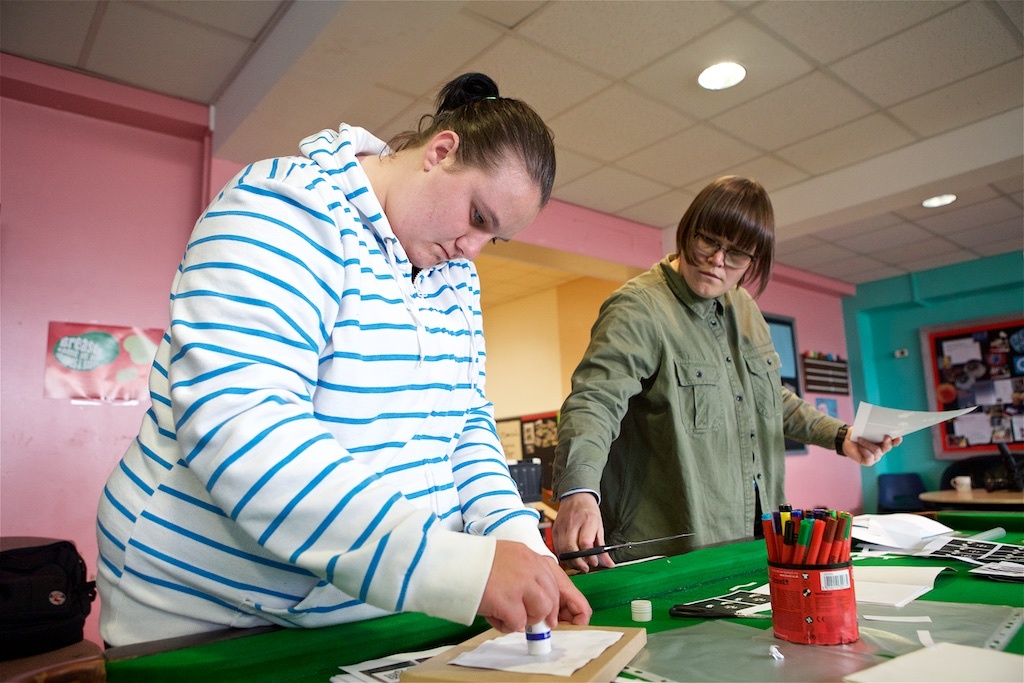
Music & Fanzines
BY: Guest Writer
16 Oct 2017
This week’s blog comes from adviser Tim Coyte at Arts For Teens, a centre delivering music projects to young people in Hartlepool. Tim tells us how he led Exchanging Notes, a Bronze Arts Award project based entirely around music. If you’re an adviser considering a similar approach, featured below is a framework and key insights on how you can use music to deliver Arts Award.
Part A: Setting Goals And Planning Ahead
Our music project offers young people plenty of opportunities to participate in the arts. They work with the Music Leader to complete an Individual Learning Plan at the start of each programme, which gives a snapshot of their skill levels and sets goals for their musical development in Part A. So when they come to record what they learnt and how their skills have improved, they‘re well prepared. Often our young musicians pursue individual musical goals, such as writing and recording a song, alongside group activities. They usually try a range of instruments, genres or techniques which naturally extends their knowledge and understanding of the art-form.
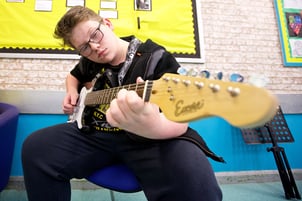
Part B: Exploring The Arts As An Audience Member
We have had some very successful visits when we’ve approached explore the arts as an audience member, especially watching Sean Kuti or The Treacherous Orchestra at The Sage Gateshead. Whilst visits can be inspirational, they can also be a logistical nightmare to organise (let’s be honest it’s not an easy feat getting under 14s into venues, going to see gigs on school nights or at the weekend and getting the young people released from school etc.). So, when I’ve been unable to organise visits in the past, I’ve held a “YouTube concert”. This involves each young person choosing a YouTube performance, before the group watch a set-list of performances selected by their peers. We specify that they must be “live” performances as this gives more of a feel of being an audience. Young people then discuss it and write notes in their logbook, whilst I photograph the activity as additional evidence for portfolios. The group discussion element is key and this is where a YouTube concert can be far more relevant to young people than attending an actual gig as it allows them to pick their personal choice of music, making it more meaningful to them in turn eliciting different viewpoints more easily. Hosting a YouTube concert also means that you don’t have to attend a real-time arts event. Doing Part B in this way can then feed into the next part of the qualification, where young people choose their arts inspiration.
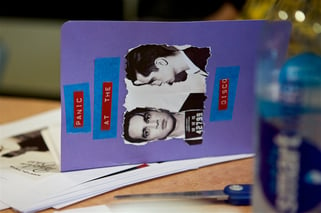
Part C: Arts Inspiration
Our approach to Part C is featured in this blog for the Youth Music Network. We used fanzines as the basis for young people to present what they’d found out about their arts inspiration. To achieve this, our young people explored visual styles, text and fonts, binding and production techniques, old-school Xerox / photocopying and content such as top 10 favourites, best venues and gig reviews. Fanzines are such a rich subject matter and that’s just the music-based zines – never mind film, TV and even shed fanzines! After developing their skills, the group create several zine templates using different materials along with binding and folding techniques. Next, they researched their favourite band and gathered images and information to print, cut and paste as material for their zines. Finally, they wrote the experience up in their log books. The zines were included in portfolios as the “summary of my research”.
Part D: Skill Sharing
The arts skill share element needs to be pitched just right – it is often the hardest section to do, but works well when structured correctly.
We usually work with young people to help them plan and co-deliver a small session. It is very important that this is broken down appropriately, into small and manageable tasks. For instance, in the Exchanging Notes project three young people taught the school staff how to play a tune on the guitar. The first person taught them some chords, the second young person how to strum, and the third how to put it all together. They then reviewed it collectively, gathering feedback from the teachers. This part of Bronze can be a fantastic way of young people gaining personal, social, transferable and organisational skills. In seeking feedback the young people referred to their session as ‘the course’ – showing that they saw themselves as professionals because of the work they had delivered.
For more details on how Arts Award can support your organisation or to deliver a similar project please make sure to find out more about our Bronze award by visiting www.artsaward.org.uk/bronze.
Related posts
BY: Guest Writer
BY: Alan Lynch

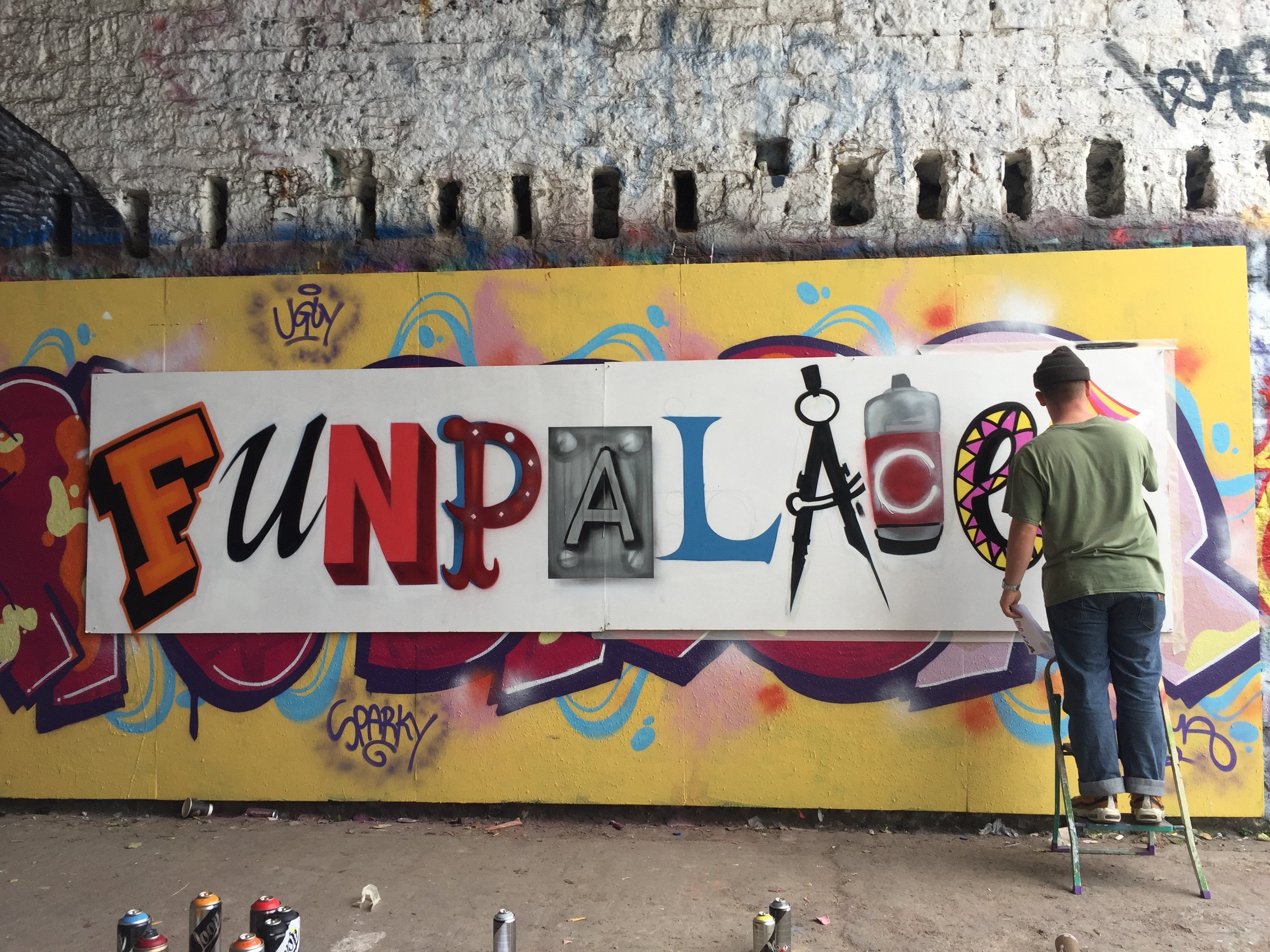
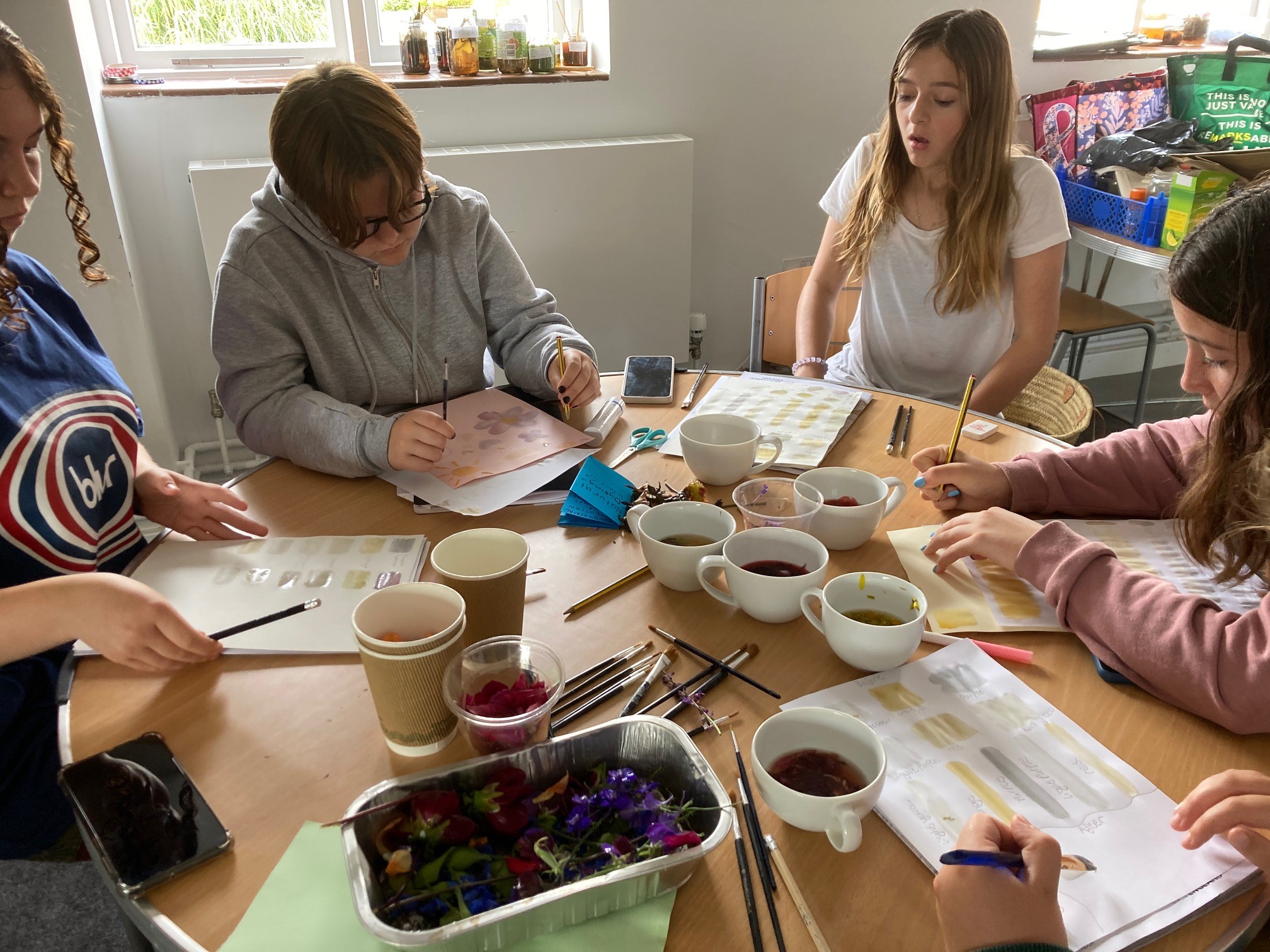
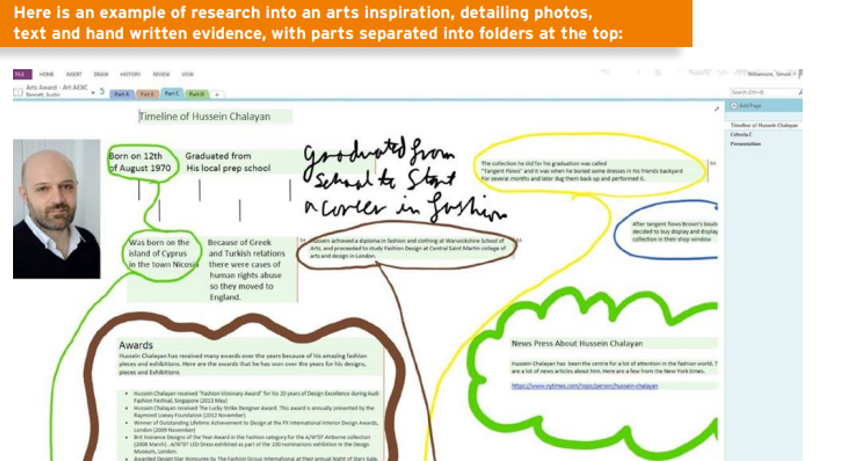
Comments & Replies